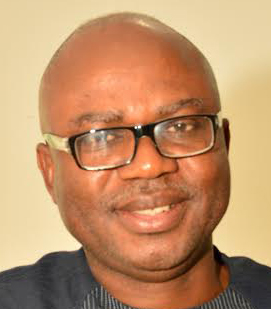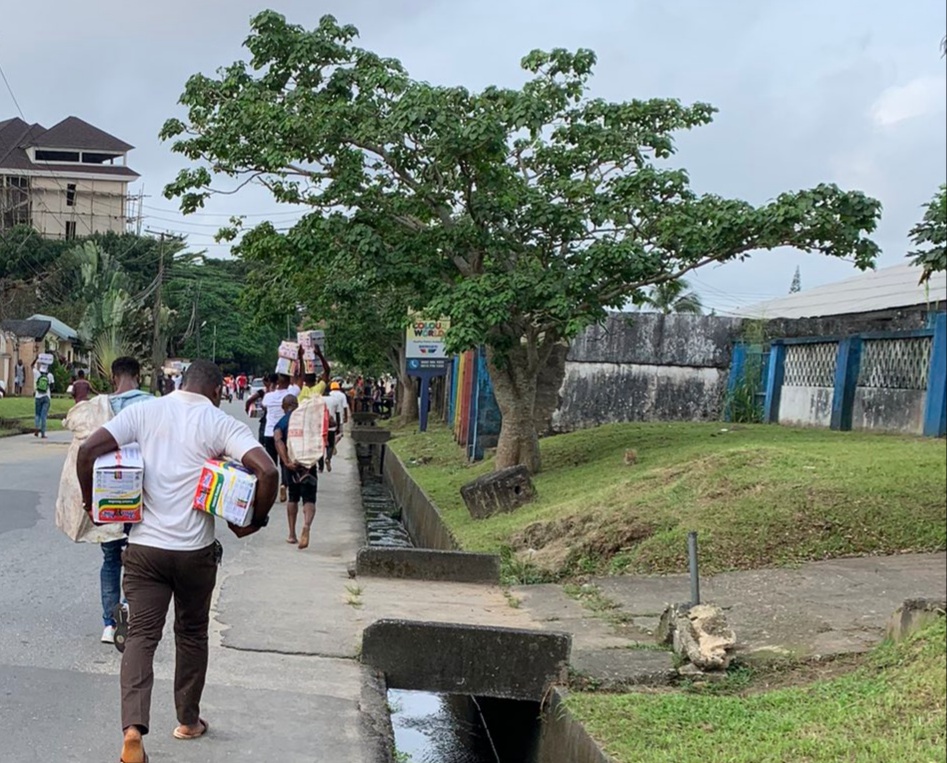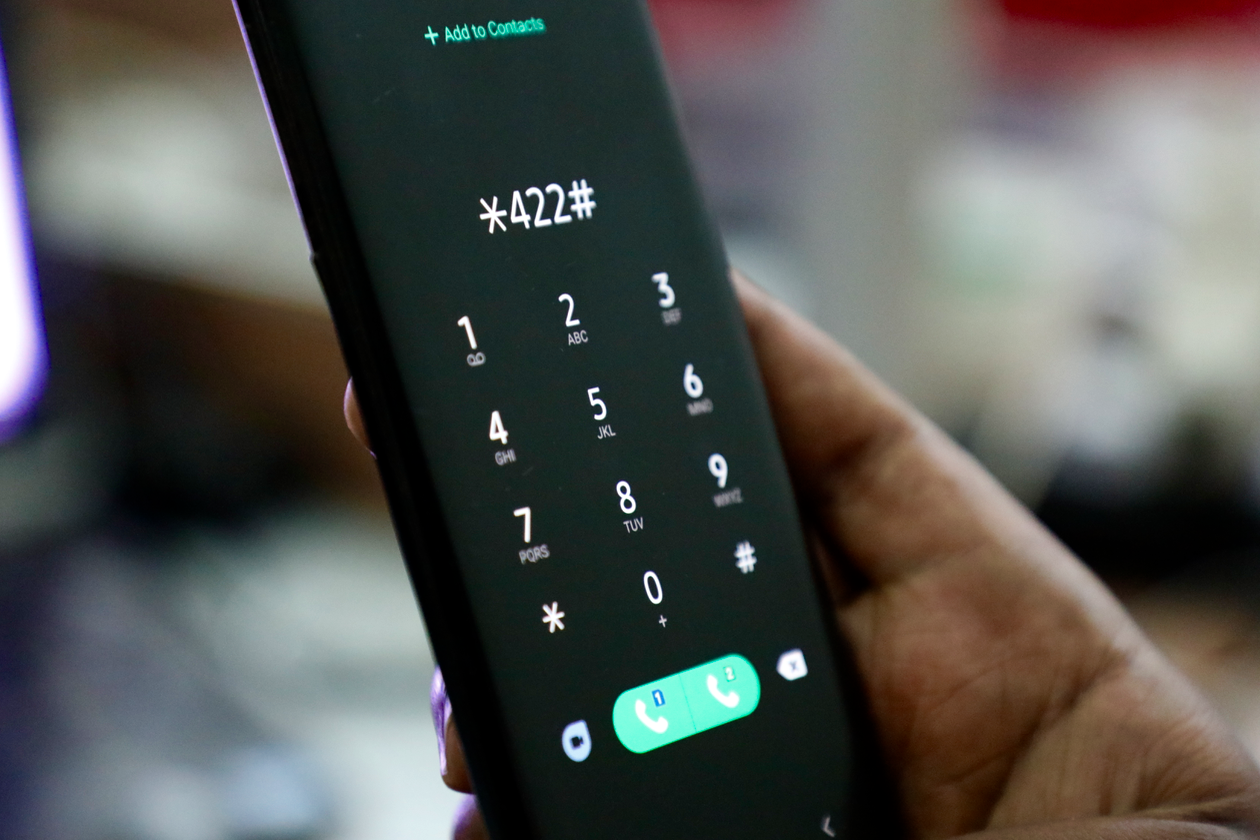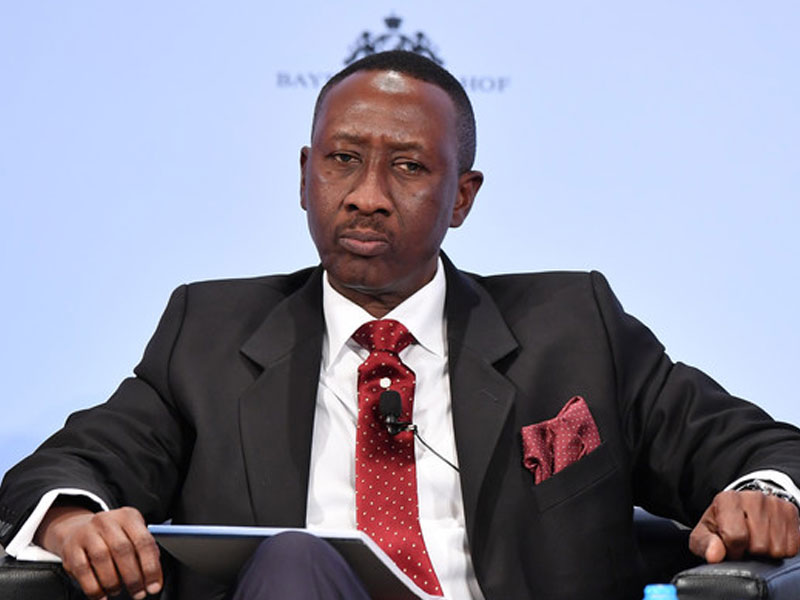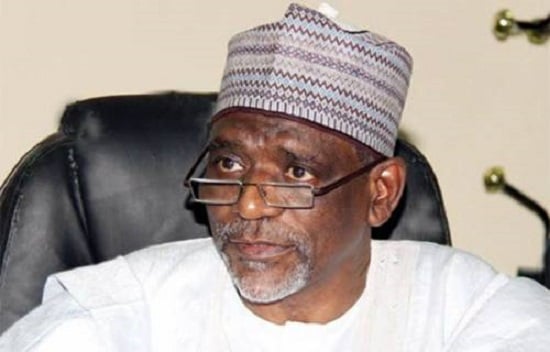During the #EndSARS protests of October 2020, angry mobs attacked warehouses in at least nine states and the FCT where food meant to alleviate hunger during lockdowns were stored. The items “looted” were tonnes of foodstuff including rice, milk, sugar, salt, vegetable oil and noodles.
Many of us criticized the government for hoarding items meant for the poor at a time they were dying of hunger. But which government? It soon became clear that state governments or politicians were the culprits. A private sector coalition against the pandemic known as CA-COVID had collected tens of millions of dollars’ worth of aid while the federal government through the Ministry of Humanitarian Affairs, Disaster Management and Social Development had promptly dispatched food items through state governments for sharing among the starving.
The reason the politicians hoarded the items is obvious. Had the protesters not opened the storehouses, the items would have been shared as “Christmas gifts” to party loyalists or even been left to expire and then thrown away. The food items could have also ended up in markets and sold to those who could afford to pay. And the humanitarian affairs minister, Hajiya Sadiya Umar Farouq, would have perhaps taken the blame for not distributing the items.
On social media, the popular impression is that the COVID-19 palliatives didn’t go round. Of course, they couldn’t have reached every Nigerian: President Muhammadu Buhari, in a nationwide broadcast, increased the initial number of households that would benefit from the direct distribution of food and cash from 2.6 million to 3.6 million households whom he described as “most vulnerable”. There are at least 40 million other Nigerian households who consider themselves “vulnerable” and therefore need the palliatives. A church in my locality announced that the items it was to share were for widows and orphans only; any non-impoverished person who received the items, it added, would be struck with poverty! I didn’t go to the venue where the items were shared, but I wonder if anyone has been afflicted by the “curse”.
Advertisement
The ministry’s response for the past year has focused mainly on refugees or internally displaced persons, people living with disabilities, elderly people, petty traders, victims of child trafficking, orphans and the poorest of the poor in communities. The palliatives include food times such as rice, maize, millet, sorghum, vegetable oil, tomato paste, milk, sugar and noodles distributed through the states and the FCT.
The Federal Ministry of Humanitarian Affairs, Disaster Management and Social Development also intervened by distributing take-home food rations for households enrolled in the “Modified” National Home-Grown School Feeding Programme. The beneficiaries received rice, beans, vegetable oil, palm oil, tomato paste, eggs and salt. Besides, the ministry and the United Nations World Food Programme (WFP) provided cash and food assistance in three COVID-19 urban hotspots — Kano, Abuja and Lagos — worth U.S. $4m in total. While the government provided grains, the WFP provided cash. The intervention equally reached the urban poor threatened by the social and economic fallouts of COVID-19.
But the ministry offered more than food as palliatives:
Advertisement
* Loans and moratorium (three-month interest holidays) to Tradermoni, Marketmoni, and Farmermoni beneficiaries.
*Four-month backlog of stipends paid at once to beneficiaries of the Conditional Cash Transfer scheme.
*A Grant for Rural Women programme introduced by the ministry this year as part of President Buhari’s social inclusion and poverty reduction agenda. The programme is targeted at 120,000 rural and semi-urban women in all 774 LGAs of the 36 states and FCT. It is a community-based initiative, and women aged 18–50 are eligible to access the N20,000 grant. The goal is for increased income, enhanced food security, more productive masses and financial inclusion.
*A Rapid Response Register to cater to the urban poor affected by COVID-19.
Advertisement
Meanwhile, as the debate over the definition of “vulnerable” in Nigeria continues, all are agreed that the disabled are among the vulnerable. Through Minister Farouq’s doggedness, the National Commission for Persons with Disabilities (NCPD) was created in August 2020. That commission has now started work in earnest. NCPD formulates and implements policies for the education, health, economic and social development of both physically and mentally challenged Nigerians whose number is currently put at 30 million-plus.
One year after COVID-19 in Nigeria and the ministry’s response, the trending issue now is vaccine. Many no longer obey the public health and social protocols prescribed by the NCDC. Even as the vaccine has been rolled out in Nigeria, many including me are likely to resist taking it. Why? The most effective vaccine for a hungry person is food. More and more Nigerians are now slipping into the misery hole on account of food shortages and uncontrollable inflation fuelled in part by high fuel prices.
As we enter the second year of COVID-19, a greater quantity of palliatives is desirable. I don’t think the ministry led by Hajiya Farouq will be able to meet all expectations, even if the federal purse were handed over to it alone. But it can achieve much more with more funding. There is an emergency already.
* Nwamu, an author and editor, is the CEO of Eyeway.ng
Advertisement
+234-8054100220 (SMS/WhatsApp only)
Advertisement
Views expressed by contributors are strictly personal and not of TheCable.
